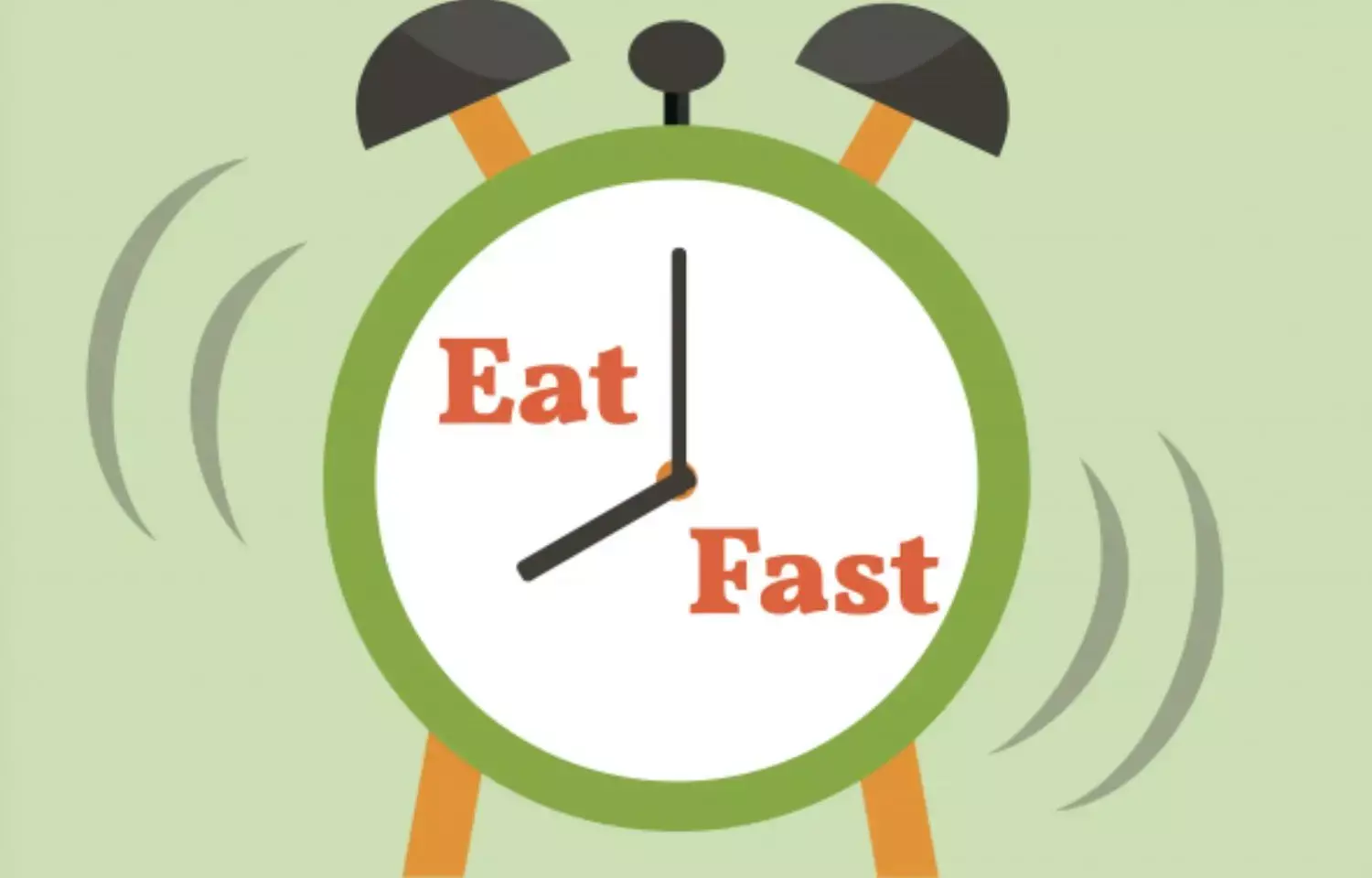- Home
- Medical news & Guidelines
- Anesthesiology
- Cardiology and CTVS
- Critical Care
- Dentistry
- Dermatology
- Diabetes and Endocrinology
- ENT
- Gastroenterology
- Medicine
- Nephrology
- Neurology
- Obstretics-Gynaecology
- Oncology
- Ophthalmology
- Orthopaedics
- Pediatrics-Neonatology
- Psychiatry
- Pulmonology
- Radiology
- Surgery
- Urology
- Laboratory Medicine
- Diet
- Nursing
- Paramedical
- Physiotherapy
- Health news
- Fact Check
- Bone Health Fact Check
- Brain Health Fact Check
- Cancer Related Fact Check
- Child Care Fact Check
- Dental and oral health fact check
- Diabetes and metabolic health fact check
- Diet and Nutrition Fact Check
- Eye and ENT Care Fact Check
- Fitness fact check
- Gut health fact check
- Heart health fact check
- Kidney health fact check
- Medical education fact check
- Men's health fact check
- Respiratory fact check
- Skin and hair care fact check
- Vaccine and Immunization fact check
- Women's health fact check
- AYUSH
- State News
- Andaman and Nicobar Islands
- Andhra Pradesh
- Arunachal Pradesh
- Assam
- Bihar
- Chandigarh
- Chattisgarh
- Dadra and Nagar Haveli
- Daman and Diu
- Delhi
- Goa
- Gujarat
- Haryana
- Himachal Pradesh
- Jammu & Kashmir
- Jharkhand
- Karnataka
- Kerala
- Ladakh
- Lakshadweep
- Madhya Pradesh
- Maharashtra
- Manipur
- Meghalaya
- Mizoram
- Nagaland
- Odisha
- Puducherry
- Punjab
- Rajasthan
- Sikkim
- Tamil Nadu
- Telangana
- Tripura
- Uttar Pradesh
- Uttrakhand
- West Bengal
- Medical Education
- Industry
Time Restricting Eating Boosts Weight Loss when added to diet and exercise: JAMA

Birmingham: Researchers at University of Alabama at Birmingham have found in a a randomized trial that in addition to diet and exercise, time restricted eating within an 8-hour window helped people with obesity lose weight.
Further for obese individuals, practice of time-restricted eating by having food early in the day is more effective for losing weight and improving diastolic blood pressure and mood than eating after 12 or more hours of fasting.
The findings of a 14-week randomized clinical weight-loss trial have been published in the JAMA Internal Medicine.
Intermittent fasting (IF) is the practice of switching between fasting and eating on a regular schedule. Recently, IF has been promoted for losing weight and body fat. One form of intermittent fasting that is particularly promising is time-restricted eating (TRE), which is eating within a consistent window of 10 hours or less and fasting for the rest of the day. Studies have shown that adults who adhere to TRE, typically lose 1% to 4% of their body weight within several weeks. Further, TRE increases fat oxidation and can improve cardiometabolic end points, such as insulin sensitivity and blood pressure, even when calorie intake is matched to the control group. It is unclear how effective intermittent fasting is for losing weight and body fat, and the effects may depend on the timing of the eating window.
Jamshed H, the University of Alabama at Birmingham and his team initiated a study to determine whether practising TRE by eating early in the day (eTRE) is more effective for weight loss, fat loss, and cardiometabolic health than eating over 12 or more hours. The study was a 14-week, parallel-arm, randomized clinical trial conducted between August 2018 and April 2020.
Researchers included 90 adults aged 25 to 75 years with obesity who received weight-loss treatment for the study. All participants were randomized to eTRE plus ER (8-hour eating window from 7:00 to 15:00) or control eating (CON) plus ER (≥12-hour window). The eTRE+ER group adhered 6.0 (0.8) days per week. The co-primary outcomes were weight loss and fat loss. Secondary outcomes included blood pressure, heart rate, glucose levels, insulin levels, and plasma lipid levels.
Key findings of the study,
• The eTRE+ER intervention was more effective for losing weight (−2.3 kg; P = .002) but did not affect body fat (−1.4 kg; P = .09) or the ratio of fat loss to weight loss (−4.2%; P = .43).
• The effects of eTRE+ER were equivalent to reducing calorie intake by an additional 214 kcal/d.
• The eTRE+ER intervention also improved diastolic blood pressure (−4 mm Hg; P = .04) and mood disturbances, including fatigue-inertia, vigour-activity, and depression-dejection.
• All other cardiometabolic risk factors, food intake, physical activity, and sleep outcomes were similar between groups.
• In a secondary analysis of 59 completers, eTRE+ER was also more effective for losing body fat and trunk fat than CON+ER.
The authors conclude that eTRE is more effective for losing weight and lowering diastolic blood pressure than eating over 12 or more hours and eTRE intervention may be an effective treatment for both obesity and hypertension. eTRE also improves mood by decreasing fatigue and feelings of depression-dejection and increasing vigour. However, eTRE did not affect most fasting cardiometabolic risk factors in the main intention-to-treat analysis.
Jamshed H, Steger FL, Bryan DR, et al. Effectiveness of Early Time-Restricted Eating for Weight Loss, Fat Loss, and Cardiometabolic Health in Adults With Obesity: A Randomized Clinical Trial. JAMA Intern Med. Published online August 08, 2022. doi:10.1001/jamainternmed.2022.3050
BDS
Dr. Hiral patel (BDS) has completed BDS from Gujarat University, Baroda. She has worked in private dental steup for 8years and is currently a consulting general dentist in mumbai. She has recently completed her advanced PG diploma in clinical research and pharmacovigilance. She is passionate about writing and loves to read, analyses and write informative medical content for readers. She can be contacted at editorial@medicaldialogues.in.
Dr Kamal Kant Kohli-MBBS, DTCD- a chest specialist with more than 30 years of practice and a flair for writing clinical articles, Dr Kamal Kant Kohli joined Medical Dialogues as a Chief Editor of Medical News. Besides writing articles, as an editor, he proofreads and verifies all the medical content published on Medical Dialogues including those coming from journals, studies,medical conferences,guidelines etc. Email: drkohli@medicaldialogues.in. Contact no. 011-43720751


